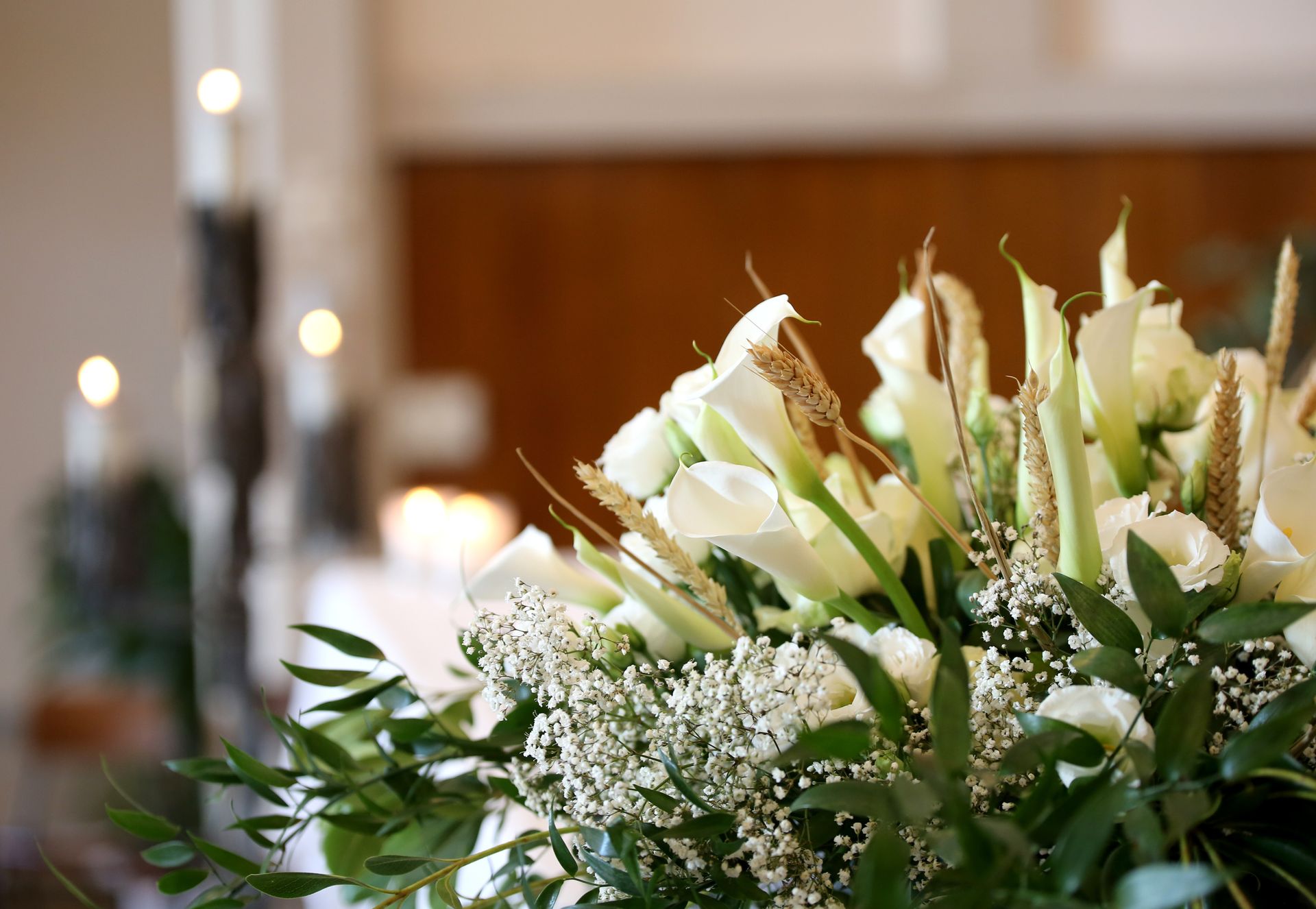Lessons I’ve Learned After Losing My Child
Nature's Symphony
By Jessica Moore
Grief is not easy, and it comes in waves. Sometimes those waves wash onto the shore high and sometimes low. What I have learned is with a little love, faith and hope you can get through grief together as a family.
Our Story
On June 26, 2012, we welcomed our second son, Easton Tyler Moore, to our family. We knew going into the delivery room, that Easton would require extra support. He had a major heart defect, spina bifida, and hydrocephalus. Easton fought and spent his first two months in the neonatal intensive care unit (NICU) at a local children’s hospital.
Some of those days we were told multiple times to brace ourselves for the worst as he would not survive. He proved everyone wrong and survived.
He fought long and hard to be able to come home finally. He was home for most of the year; we had a few short hospital visits but nothing major. Easton started to show signs of needing extra support again.
On October 9, 2013, we handed Easton to a surgeon to undergo his 11th surgery and 2nd open-heart procedure. The surgery was a success.
Fast forward to October 29, 2013, I was leaving work when I got a phone call from my husband. Something was terribly wrong, and Easton was not breathing. That night, our hearts were ripped from our chest. The words ring in my ears over and over, “I’m sorry ma’am there is nothing more we can do. You will need to tell us when you would like us to quit performing CPR.” With those words, my husband Chris had to look at a complete stranger, who had tried absolutely everything he knew how to save our son, to stop resuscitation efforts.
“The world stopped that night. We walked out of that hospital empty handed.”
We also tried very hard to explain to our three-year-old, that his little brother was not coming home anymore. The days after our loss, I was on complete autopilot. I went through the motions. Never once did we skip any event for our other child. We wanted to make things for him as normal as possible. We gathered up the pieces of our broken hearts, and we pushed through many days hurting and wishing for Easton to be back at home.
Life after loss
I remember a few things from the months after Easton died.
The one thing I remember the most was repeating to myself daily, “All you have to do today is survive it!”
This helped me; I had to survive this loss somehow. I needed to be whole for my other child. I walked around with a smile on my face, and when someone would ask me how I was, I would reply, “I’m fine.” Deep down inside I was not fine, and I was so tired of lying to everyone. That day I decided I would not allow his loss to go unnoticed. I would find a way every single day to honor his short but mighty life.
One of my favorite things I ever heard following the loss of my son, Easton was from a fellow bereaved mother. She said, “Jessica, losing them never gets easier. It just gets different.”
Her words could not be any true. I log on to my social media only to see memories pop up. Some days those memories make me smile, and other days they bring me to my knees. They make me happy, and they make me sad and sometimes they make me angry.
Continuing On: Honoring Easton
Some days the way I honor him is just to say his name, share a picture with my friends and smile when people remember him. Other days we do things bigger to remember and honor him.
To honor Easton we have a memorial lemonade stand every single year. The weekend of the Fourth of July Cameron gets his stand up and running and sales lemonade and baked goods all day. All the proceeds from the lemonade stand go back to a local children’s services charity that provides advocacy and support to people with developmental delays. With the proceeds from our first lemonade stand, we were able to purchase a Little Free Library for the charity’s playground. We were able to paint the library with a “Super E” symbol. We make sure to keep his memory alive. That is what helps us continue without him.
Always honor them, say their name and share awareness. You never will know who you might be inspiring. Fly high Easton Bunny!









